Find out where brave people are risking their lives to defend and uphold human rights.
Take a look at the estimated number of prisoners of conscience in the regions we support across the world. Find out more about the context within which their persecution is being brought about.
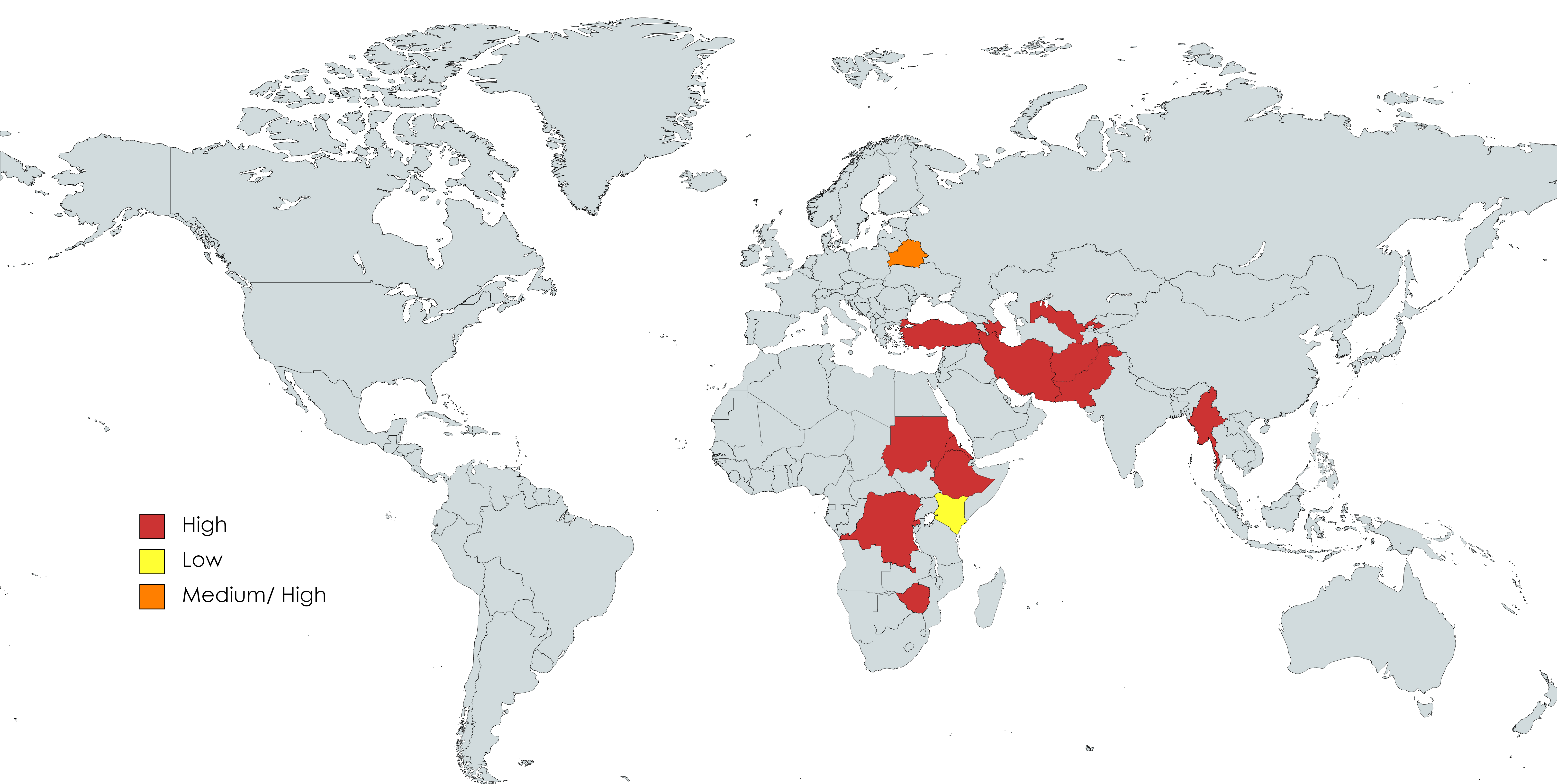
Jump to a country profile:
See an overview of regions of support by PoC in the last 10 years and a case study for each region. We highlight how many grants we have awarded to prisoners of conscience between 2011-2022.
We also classify the proportion of prisoners of conscience in each state as low, medium, or high, based on available data.
Low= estimated population of prisoners of conscience of 100 or less
Medium= estimated population between 100 and 500
High= estimated population of 500+
- Afghanistan
- Azerbaijan
- Belarus
- DRC
- Eritrea
- Ethiopia
- Iran
- Kenya
- Myanmar/Burma
- Pakistan
- Rwanda
- Sudan
- Turkey
- Uzbekistan
- Zimbabwe
1. Afghanistan

An Overview:
In August 2021, Afghanistan’s government was taken over by the Taliban and the world saw the collapse of the former Afghan government. The Taliban appear to treat everyone who opposes their governmental approach as being an enemy, and hence a person against whom state enforcement action can be taken. Human rights violations in Afghanistan include a radical curtailment of any freedom of press, women’s rights and right to education.
Women’s rights in Afghanistan under Taliban rule are virtually non-existent. Most recently, women have been banned from attending secondary schools and universities. Women have been dismissed from working in the civil service, and for national and international NGOs (HRW, 2022).
The lives of LGBT Afghans and members of ethnic minorities have dramatically worsened under Taliban rule. For example, Amnesty International report that the Taliban has been torturing and killing ethnic minorities in Afghanistan. In 2021, eyewitnesses in Ghazni told Amnesty International that the Taliban killed nine ethnic Hazara men in July. Six were shot and three were tortured to death (Amnesty International, 2021).
The rights of civilians and human rights defenders are under severe threat and it appears unlikely the situation will improve while the government remains under Taliban control.
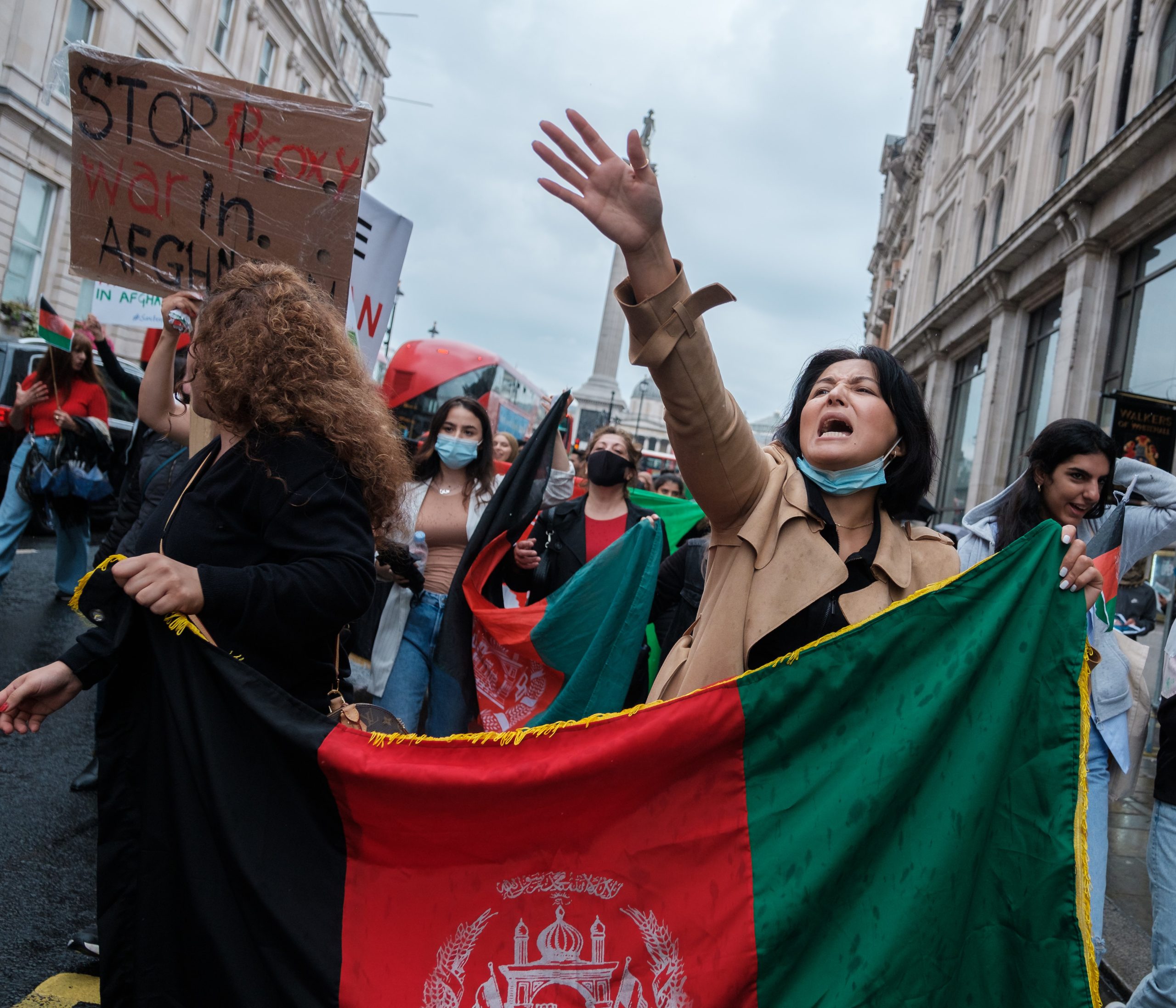
Meet Lina
Lina, a defence lawyer and women’s rights activist from Afghanistan, has been involved in activist causes since her teens. When the Taliban took over Afghanistan, she continued her human rights work despite the huge risk involved.
Lina was attending a protest to raise awareness of the Taliban’s denial of women’s rights, when the Taliban began to violently crack down on protestors and dissenters. Lina escaped with other women to what they thought was a safe house. Two days later, the Taliban ambushed the house and detained all the women who were living there. They were only released after making forced confessions and being made to sign statements under coercion.
Lina was in hiding following this imprisonment, but continued to engage and advocate for these same women’s right issues. PoC awarded a grant to Lina towards her living expenses and medical bills while in hiding, as well as visas and passports for her and her family to reach safety. We can also now confirm that Lina has fled to Pakistan, where another grant from our generous donors ensured she could be reunited with her husband there.
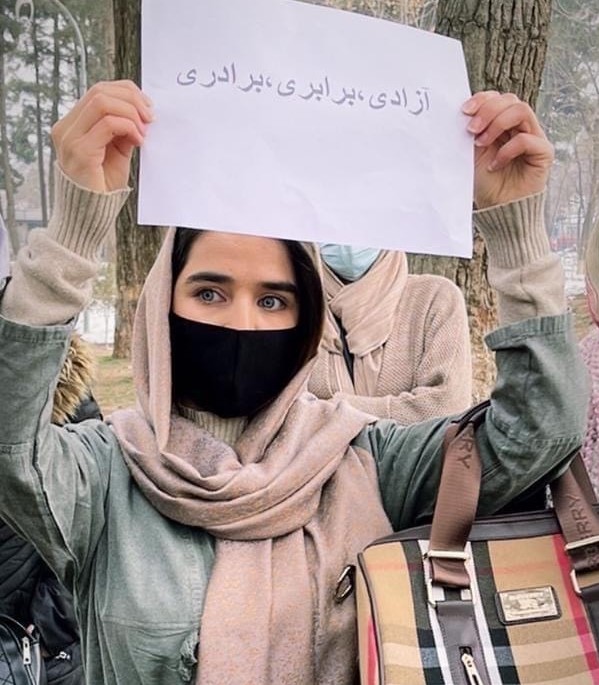
We will continue to fight for our basic human rights from those who are totally alien to these words…As long as we are alive we will continue.
Maybe the Taliban have forgotten that these women are not women from 20 years ago, they are not silent in the face of injustice.
– Lina
2. Azerbaijan

An Overview:
In January 2020, PACE adopted a resolution which described Azerbaijan’s detaining of political prisoners as systemic in nature, noting a troubling pattern of politically motivated manipulation of the criminal justice system in Azerbaijan (PACE, 2020).
Azerbaijan continues to arrest and detain opposition politicians and political activists. Hundreds of activists continue to be unlawfully detained every year for protesting amid Azerbaijan’s ban on protests in central Baku (HRW, 2021). HRW has warned that the Azerbaijani government has used the Covid-19 pandemic as a pretext to crack down on anti-government criticism.
There appears to be continued repression of freedom of expression, freedom of association and political opposition by the Azerbaijani authorities.
Meet Mahammad
Mahammad is an Azerbaijani blogger who lives in exile in France due to persecution by the Azerbaijani government for his blogging and videos critical of President Aliyev.
Intimidation and threats followed him in his new home in France, as he continues to criticise Azerbaijan’s authoritarian regime. In 2020 Mahammad was brutally attacked and stabbed 16 times. Reports also suggest that attackers attempted to cut out his tongue.
Mahammad wrote to PoC:
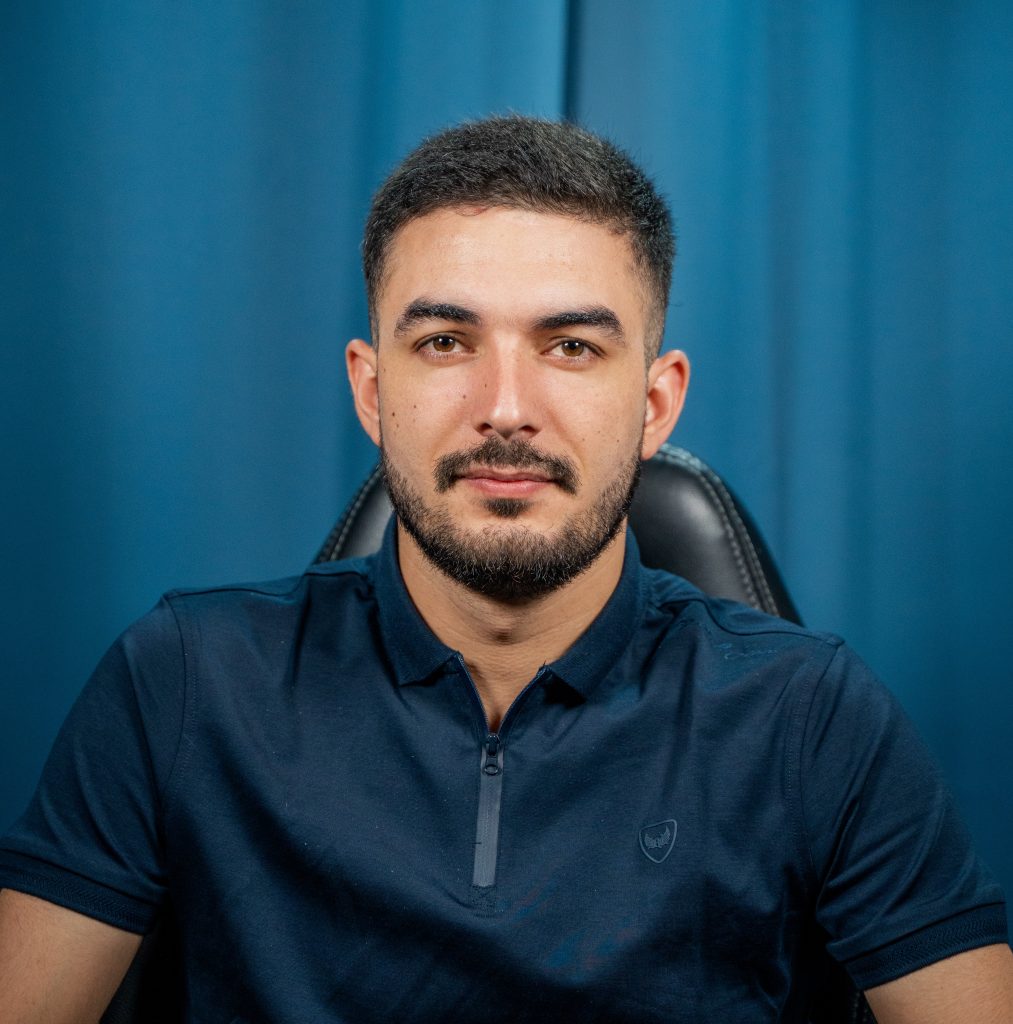
‘Nobody wants to die…I’m asking for your help to prevent this from happening’
“Despite these all I still live on the same address and even though I asked to be placed somewhere else, French government did not do so. I live in fear every day, thinking it can be my last. Nobody wants to die, neither do I. I’m asking your help to prevent this from happening. I need a safe place to stay at even for a short span where Azeri government can’t find me.”
PoC awarded a grant towards Mahammad’s hardship needs in 2021.
3. Belarus

An Overview:
In her 2020 report, the SR to Belarus, Anais Marin, noted that:
‘Criminal and administrative sanctions continue to be selectively and disproportionally enforced against human rights defenders, journalists, bloggers and other members of civil society’ (OHCHR, 2020).
The Belarusian authorities used misinformation laws regarding the Covid-19 pandemic as a pretence to detain journalists and human rights defenders. Also, Covid-19 safety provisions were cited as reasons for irregularities in the detention and sentencing of journalists and human rights defenders.
In 2022, the oppression of civil society organisations by Belarusian authorities continued. The Government utilised a law in April, Article 51.1, on the mass media to ban the Human Rights Watch Website (HRW April 2022). This deliberate blocking of a civil society website that specifically reports on human rights abuses is evidence of the continuing attacks on media reporting.
Meet Hanna
Hanna is a writer and political activist from Belarus. On September 2020 she was detained and spent 9 days in jail for participating in a peaceful demonstration in support of Maria Kalesnikava, an opposition political who was arrested and sentenced to 11 years in prison.
PoC awarded a grant to Hanna to cover her visa costs and living expenses, while she is pursuing her PhD at the University of Brighton. In the UK, Hanna has continued her campaigning, by organising demonstrations and fundraising campaigns for Ukraine and Belarus.
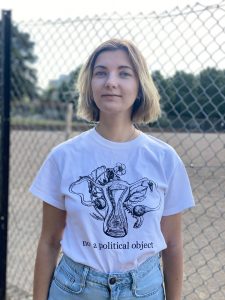
“I have been outspoken about the situation in Belarus, writing poetry and essays about it, giving interviews and speaking at international events, and am continuing to do so.
Any of my publications can be viewed as a reason for criminal charges against me, because we know about hundreds of such cases, and people have been imprisoned even for a single comment.
4. DRC- Democratic Republic of Congo

An Overview:
Despite progress being made on human rights by President Tshisekedi in 2019/20 pardoning many prisoners of conscience, political exiles and human rights defenders, there are still major concerns for the DRC.
Political assembly is highly restricted with protests in support of opposition parties banned (Freedom House, 2020). Human rights advocates are subject to harassment , arbitrary arrest, and detention.
HRW reported that dozens of people who criticised government policy on social media in 2020 were threatened and beaten with several being arrested and prosecuted (HRW, 2020). Journalists criticising the government are met with criminal defamation suits, threats, violence, detention and arbitrary arrest. LGBTQI people are also prosecuted for same-sex relationships under public decency laws.
Meet Mamie
Mamie was an assistant nurse and receptionist at a small private hospital in DRC. She was asked to poison a member of the opposition by a colleague, for which she would be paid well. She refused and was then abducted, beaten and raped over aperiod of 3 days.
In fear for her life, Mamie decided to flee to the UK and leave everything behind. She has been trying to bring her children to the UK, but the process has been slow and tedious. She has one biological daughter and four adopted children – her sister’s children whom she adopted when her sister died.
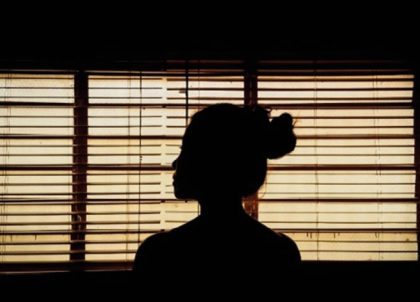
PoC helped Mamie to cover the costs of her family reunion application in 2019. Since then only her biological child has been given an entry visa. The process for the adopted children has been slower but they were recently granted visas on appeal and are about to join the family. PoC awarded an additional grant to Mamie to help with the costs associated with their arrival.
5. Eritrea

An Overview:
In Eritrea, freedom of expression, assembly, movement and religion is not respected, with censorship, arbitrary arrest, detention without trial and torture systematic and pervasive. Mass roundups and arbitrary arrests as well as the detention of journalists and human rights defenders without trial are commonplace.
Freedom House estimates that thousands of political prisoners and prisoners of conscience remain detained as of 2022 without charges or trial (Freedom House, 2020). This is only an estimate as there is a ban on human rights organisations entering the country.
Eritrea, which only recognises four religions, regularly tortures and detains adherents of ‘unrecognised’ faiths if they refuse to renounce their beliefs. Eritrea also persecutes members of the LGBTQI community.
Meet Hyab
Hyab is a professionally trained psycho-social caseworker from Eritrea with a long list of impressive accomplishments. His problems with the regime stated when he began working in the Ministry of Education.
Read Hyab’s story here
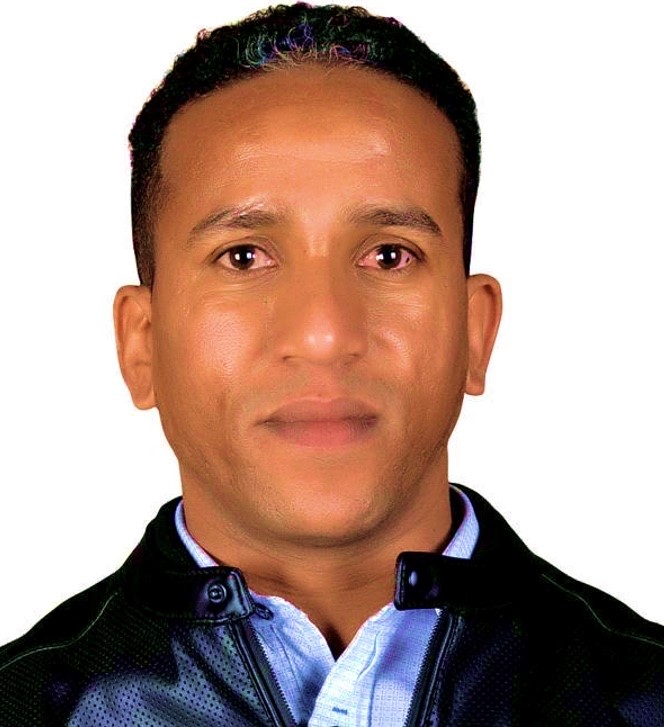
6. Ethiopia

An Overview:
The human rights and humanitarian situation in Ethiopia deteriorated in 2021, with civilians impacted by a devastating conflict in Tigray (HRW, 2022). There has been escalating violence and arbitrary arrests of civilians in Tigray region (Amnesty International May 2022).
Freedom of speech has been limited and there has been an ethnic cleansing of civilians by the Ethiopian forces and Tigrayan militia (HRW June 2022). There has also been widespread sexual violence against women in the region, with ‘hundreds of women and girls’ being subject to extreme sexual violence by both sides of the conflict (International Report 20/21).
Restrictions on the press and increase in arbitrary arrests means there are likely a high number of prisoners of conscience currently detained in Ethiopia. It is clear that conflict in the Tigray region has led to gross violations of human right including extrajudicial killings, arbitrary detainment, and sexual violence.
Meet Sumur
Sumur is a journalist, political activist and political commentator from Ethiopia, and ethnic Tigrayan. In 2016, Sumur, along with other Tigrayans, were forced to leave the Amhara region and their properties were seized. In 2021, he was arrested for writing about the civil war in Ethiopia and exercising his freedom of speech, and spent 3 months in a makeshift prison where he was physically and mentally abused.
He was accused of being a spy for the Tigray People’s Liberation Front (TPLF), allegations that Sumur has denied. Upon his release, his bank accounts were frozen, his belongings (phone, camera, laptop etc) were confiscated, and he was threatened not to post anything on any media outlets or social media platforms, as he would be arrested again. He therefore decided to flee from Ethiopia to Uganda with financial help from his friends. Sumur is trying to obtain a refugee card and to relocate to a safe third country where he can do his job without fearing for his life. However, he has continued to suffer persecution in Uganda – including threats and intimidation.
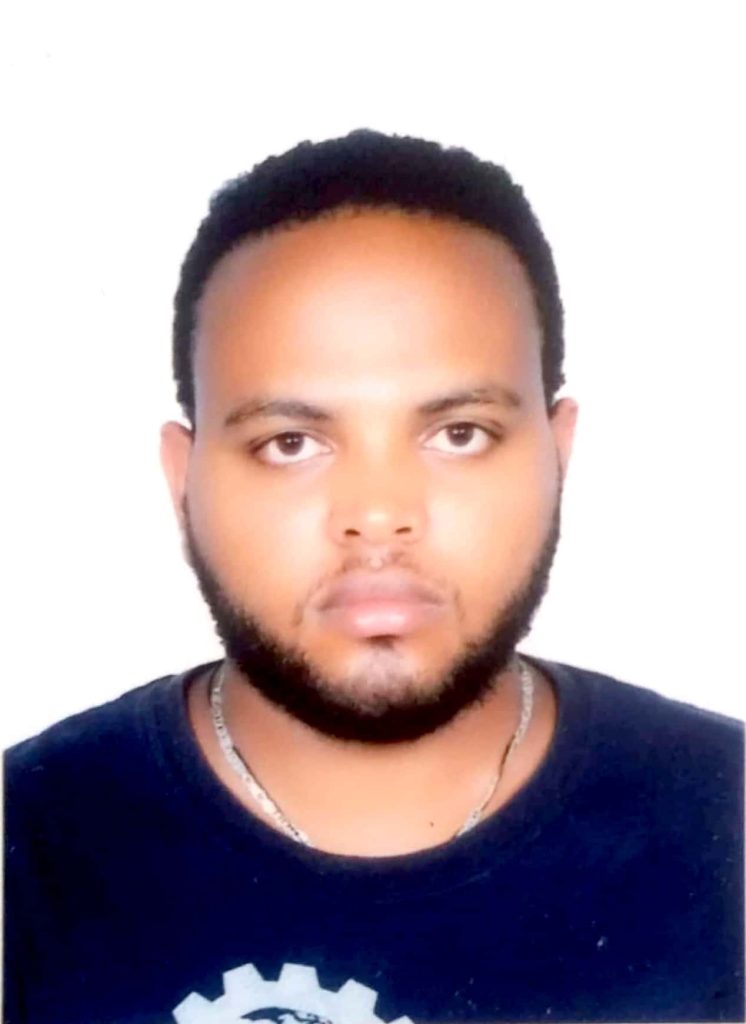
‘I still have to watch my back’
“There is no promising change in my life. I am still worried about my safety here in Kampala. I have to still watch my back…
I am financially struggling to survive. I also am worried about my family who I had to leave behind that were financially dependent on me’
7. Iran

An Overview:
Thousands of people have been interrogated, unfairly prosecuted and/or arbitrarily detained for peacefully exercising their human rights in Iran over the past few years (Amnesty International, 2022). In particular, women, LGBTI people and ethnic and religious minorities face entrenched discrimination and violence.
Torture by police and prison guards is rampant in Iranian prisons, and both torture and ill-treatment remain widespread and systematic. Most recently, an ongoing series of protests and civil unrest against the government began in September 2022 in response to the death of 22-year-old Mahsa Amini. She was arrested by morality police for allegedly violating Iran’s strict rules requiring women to cover their hair with a hijab. There were reports that officers beat her head with a baton, though the police claim she suffered a heart attack. Ordinary Iranians became enraged, and began protests, with demands from more freedoms to an overthrow of the state (BBC, 2022). Women’s rights in Iran remain severely limited.
Scores of human rights defenders remain behind bars as authorities continue to heavily suppress rights to freedom of expression, association and assembly. Human rights violations in Iran continue to escalate.
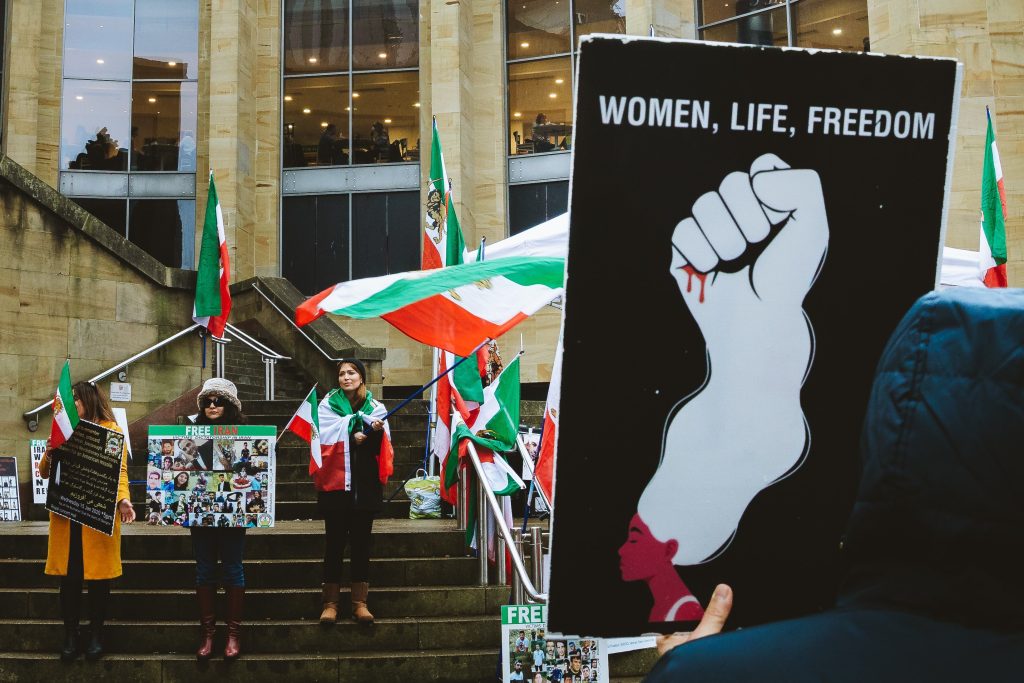
Meet Sahar
Sahar is an Iranian singer, music producer, writer, and activist. She focuses on themes of peace, human rights and women’s rights. In 2019, she became the first Iranian to win the international WILD sound Poetry Festival with her poem “Censorship,” which focuses on women’s rights.
Due to her work and activism, Sahar began receiving calls from a private number, which she believed to be from the Iranian Ministry of Intelligence. Her bank account was blocked at the same time with no warning. In September 2021 Intelligence Services called her family and asked Sahar to appear for a summons. Her family’s bank accounts were then blocked. Sahar went into hiding and moved between safe houses for two months, seeking avenues to leave the country.
In October, fearing for her safety if she stayed in Iran, Sahar crossed the border to Iraq and began living in Erbil on a temporary visa. She has been living in a hotel but has no money since her bank accounts are still blocked. Sahar is at risk of eviction and cannot pay for basic living expenses. PoC awarded hardship relief grants to Sahar in 2022.
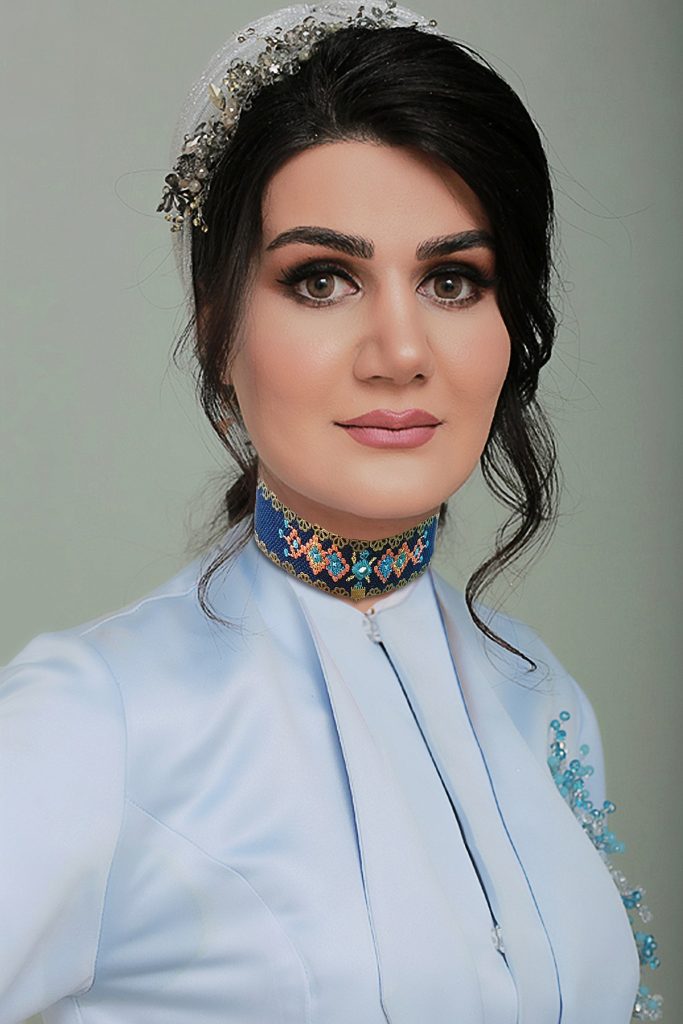
“I would like to thank Prisoners of Conscience from the bottom of my heart to supporting me & also turned the light of hope for me. Your kind consideration is highly appreciated.”
8. Kenya
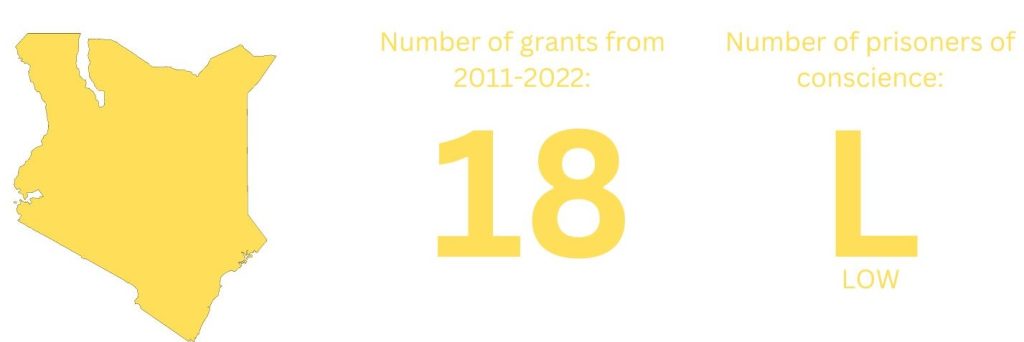
An Overview:
Kenyan authorities used the Covid-19 pandemic as a pretext to put down protests. Authorities enforced a curfew with violence, kidnapping, arrests and extra-judicial executions. The authorities also violently dispersed a political meeting of opposition MPs in Kakamega County in June 2020 and broke up a peaceful protest on a Saba day (KHRC, 2020) by arresting 57 human rights defenders and throwing tear gas cannisters into the crowd.
Kenya sporadically detains LGBTQ people, with same-sex relations being punishable by up to 14 years in prison (UK Home Office, 2020). The Kenyan police regularly arrest LGBTQ refugees and asylum seeks under public order laws. There have also been reports of harassment, blackmail, intimidation, and physical and sexual abuse of queer people by police in custody (UK Home Office, 2020).
Meet Herbert
Herbert is a journalist and human rights defender from Kenya. He was forced to flee his home after exposing police violence and human rights violations. Some of his colleagues were killed and he was detained and tortured.
He escaped to Uganda but was still being pursued until he was given permanent residency in Sweden.
Herbert has completed various short courses in journalism, development and human rights in both Sweden and Costa Rica. PoC awarded bursary grants in 2020 and 2021 to complete an online Master’s programme at University of Leicester – Human Rights and Global Ethics.
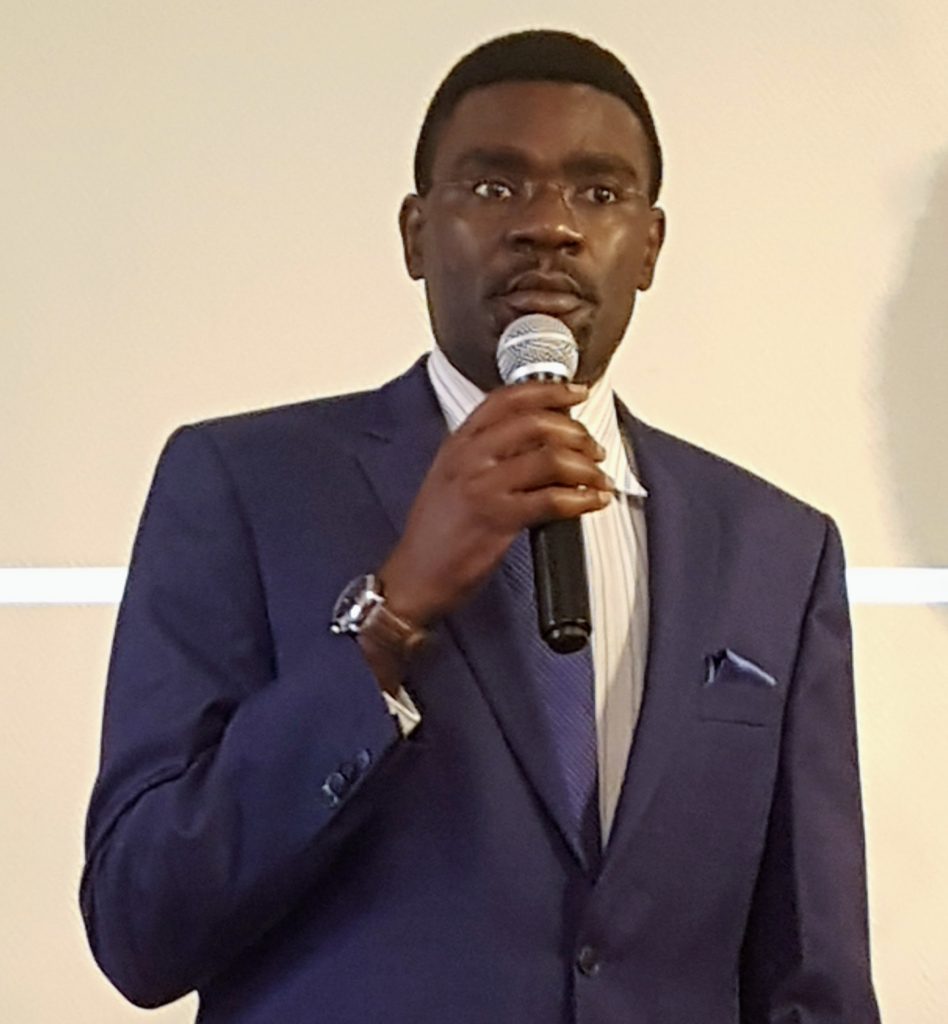
“The assistance by PoC meant that I took a big step in improving career possibilities and I still do not know how I would have achieved this without the PoC grants.
Thank you very much and keep doing what you are doing. You change lives and give hope to the hopeless.”
9. Myanmar/Burma
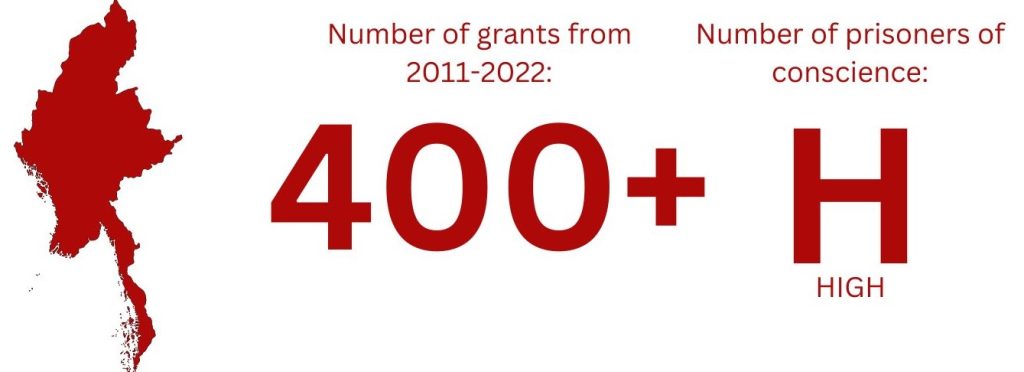
An Overview:
In February 2021, Myanmar was subject to a military coup d’état, where the ruling National League for Democracy were deposed, and the military declared a year-long state of emergency. In an October 2021 address to the UN General Assembly, the UN Special Rapporteur to Myanmar drew attention to the military coup in the country stating that it has:
‘…devastated Myanmar, plunging it into a deep human rights, humanitarian, and economic crisis’ (OHCHR 2021).
Journalists, human rights defenders and civilians have been subject to extreme violence, arbitrary arrests, and torture. In 2021, there was an estimated 1100 civilians murdered, over 8000 people detained arbitrarily and 100 journalists detained for reporting on the military coup (OHCHR 2021). Laws in Myanmar heavily restrict freedom of press and expression.
The Rohingya people, an ethnic minority group in Myanmar, have been denied citizenship, and have been subject to systemic imprisonment, exile, and violence from the state (HRW 2020). There is also active discrimination against the LGBTQ community.
It is estimated that Myanmar has a high number of prisoners of conscience. Due to the current conflict and violence against civilians, journalists, and human rights defenders, the number of prisoners of conscience should be presumed to be higher than usual at this current time.
10. Pakistan

An Overview:
Journalists, human rights defenders and political activists are heavily censored in Pakistan, despite constitutional rights to freedom of speech and freedom of press. As a result of this censorship, human rights defenders continue to face arbitrary arrests and detainment. National and International NGOs also face particular challenges, and reported a rise in harassment and surveillance from government authorities in 2021 (Freedom House, 2021).
Pakistan continued a crackdown on political opponents in 2022. The Pakistani government also continues to enforce blasphemy laws, the penalty for these being execution. Religious minorities, including Christians and Ahmadiyya Muslims are vulnerable to arbitrary arrest and prosecution. According to an OHCHR report, around 1000 Christian and Hindu women and girls are kidnapped and forced to convert and marry Muslim men each year (OHCHR, 2020).
Gay sex is criminalised in Pakistan, which is punishable with imprisonment for two years to life (Home Office, 2019).
Meet Weran*
Weran (a pseudonym) is from the Ahmadi community in Pakistan where they are routinely discriminated against. For Weran, being treated as
a second-class citizen was part of everyday life.
However, she had no wish to leave Pakistan until her husband, a leading figure in the local Ahmadi community, came under attack. When an angry mob surrounded his office, he realised the family
was in danger and made preparations to flee to the UK.
In Pakistan, Weran was an architect and lecturer at the University of Punjab. The route to re-qualifying in the UK with RIBA was prohibitively expensive, so Weran decided to study Urban Design, a field that uses many of the same skills and in which it is easier to secure employment. PoC awarded a bursary grant in 2016.
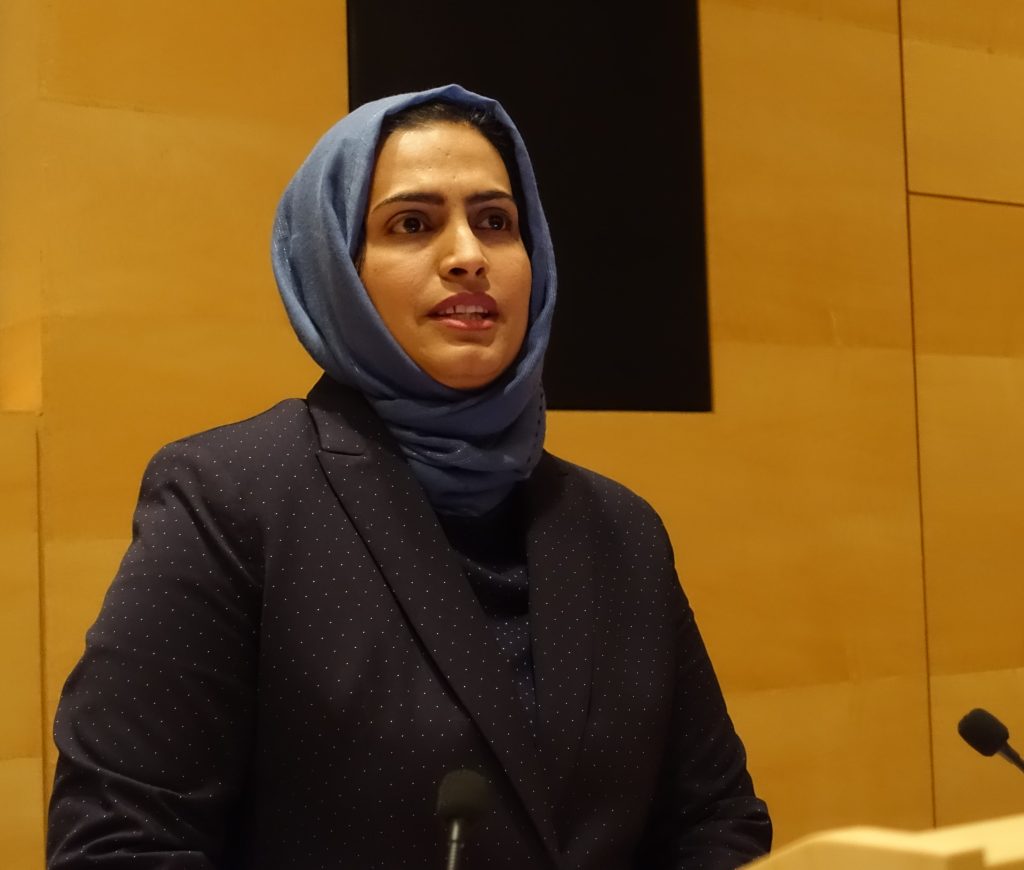
We have faced discrimination at every point…behaviours change once they find out we are Ahmadi.
It’s never easy to start your life from scratch in a new country. The organisations like PoC are acting as a life-line for people like us helping them building their lives again.
11. Rwanda

An Overview:
A 2020 Human Rights Council report found that ‘civil and political rights remain severely stifled’ in Rwanda. The government is accused of perpetrating ‘intimidation, torture, arbitrary arrests and enforced disappearances against political activists, dissidents, opposition, journalists and human rights defenders (OCHRC,
2020).
Freedom of assembly and association is not respected in Rwanda. Also, journalists and bloggers are heavily censored.
In 2022, there were renewed human rights concerns for refugees in Rwanda. The UK created an asylum deal, meaning that refugees seeking asylum in the UK might be sent to Rwanda for processing. This deal raised a number of concerns, including worries for LGTBQ+ refugees.
“The Home Officer has admitted that LGBT+ refugees who are deported to Rwanda could be persecuted on the basis of sexual orientation- but it plans to send them there anyway”
The Independent, May 2022
Meet Eric
Eric is a journalist, human rights defender and a father of four from Rwanda. He was routinely harassed by state agents for critically reporting on
the government’s socio-economic policies and fighting for justice, press freedom and democracy in Rwanda. When Eric was warned that his life was
in danger for expressing his views, he decided to flee to neighbouring Uganda with his family.
But threats and intimidation followed them there. With no source of income, Eric was struggling to provide food, water, clothing, and medicine for his family. PoC contributed towards living costs while
they were in hiding in 2016 and 2017 and towards his subsequent travel costs until he and his family reached safe refuge in Australia through UNHCR after 4 years and 2 months.
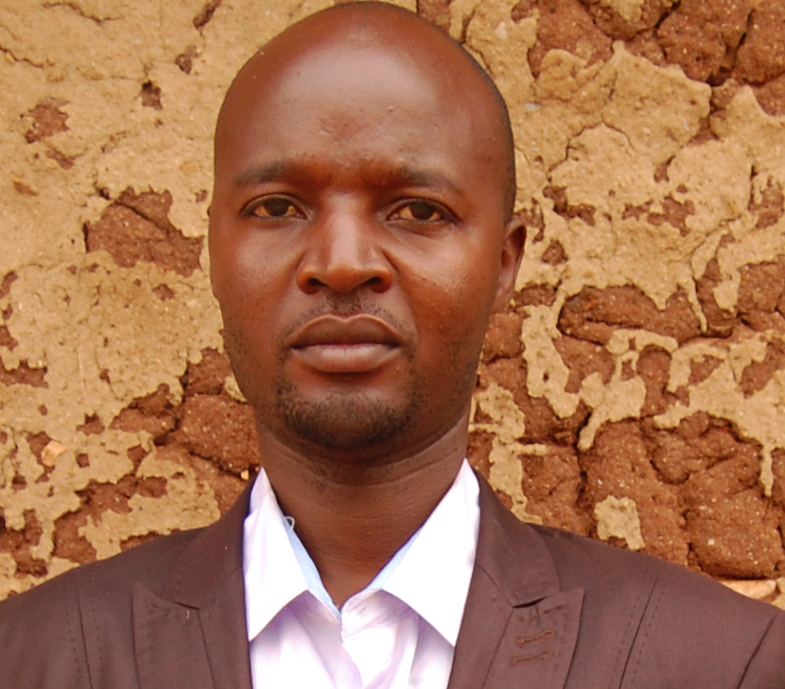
While it was a huge adjustment for them all, they are embracing their new life with optimism and determination. The children are at school and Eric was recently awarded his Diploma of Nursing, after completing his studies and a clinical placement.
After getting to Australia, the task was to build our life independently… I decided to start studies again from zero. It was a very hard task to combine family responsibilities with studying in the new country with the new / different culture.”
12. Sudan

An Overview:
Protests opposing the slowness of the new Sudanese government to implement promised political reform are brutally repressed. For example, a protest on August 17th 2020 saw protestors dispersed with tear gas and whips (HRW, 2021). The Sudanese government has also passed a law which cracks down on the freedom of speech of medical workers (OCHRCR, 2020). Though freedom of speech has been guaranteed since August 2019, the government has continued to crack down on free speech online as well (HRW, 2021)
In October 2021, Sudan was taken over by the Sudanese military. Amnesty International reports that there have been a number of human rights violations as a result. Notably, there has been reported use of ‘excessive, and sometimes lethal force against protestors’ (Amnesty International, 2021/22).
LGBTQ+ Sudanese people are at risk of imprisonment if accused of having same sex relations (HRW, 2021). Women reporting rape and sexual assault risk arrest and execution under Sudan’s strict adultery laws (Freedom House, 2020).
Meet Aliyah*
Aliyah (a psedonym) is a pharmacist from Sudan. She and her husband were members of a small group of medical practitioners who offered
a mobile clinic in areas where there were no medical facilities. Aliyah and her husband volunteered in the clinic as they believed that everybody is entitled to healthcare, irrespective
of wealth or resources.
During their work, Aliyah and her husband had contact with the main Sudanese opposition group, the Justice and Equality Movement (JEM), but were not supporters of the group. In line with their beliefs, they did not turn away JEM members in need of assistance, as they believed that access to healthcare is a basic human right. They were health workers in an area of civil unrest, treating people under difficult circumstances.
Aliyah and her husband were detained as a result of their supposed involvement with the group and were eventually forced to flee Sudan for the UK.
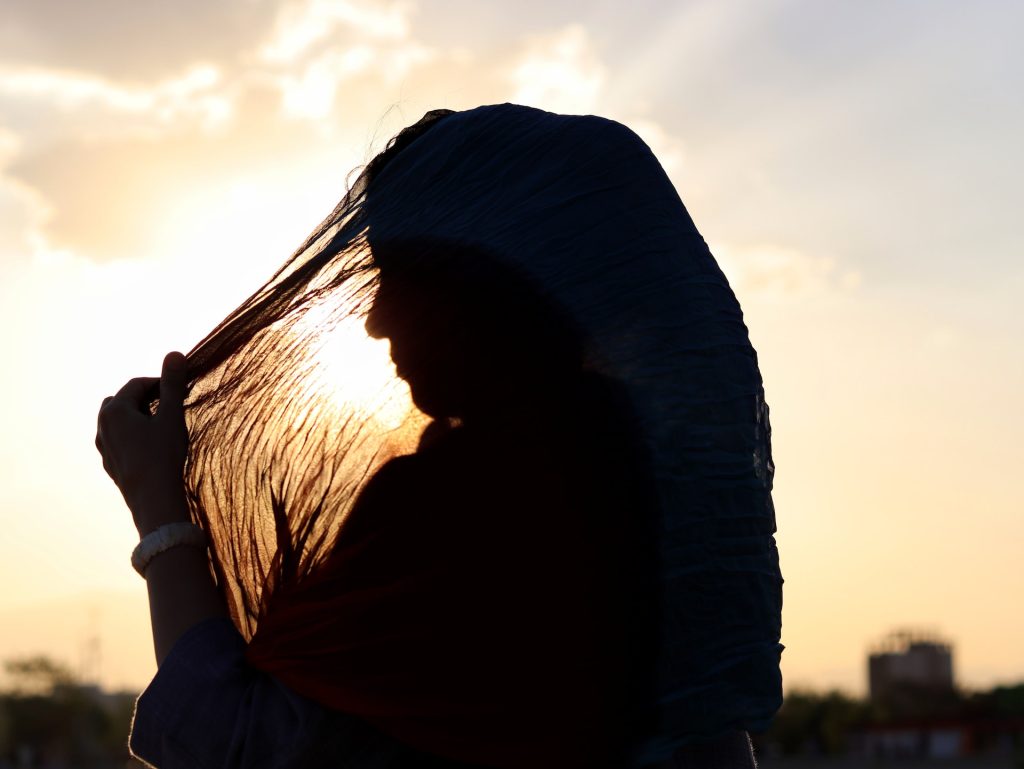
“I feel truly grateful for the support of PoC. Without the bursary I simply couldn’t have completed my studies”
When they arrived in the UK in 2017, PoC contributed towards their daughter’s nursery fees, while Aliyah completed her MSc in Pharmaceutical Technology. She graduated with Distinction. With the help of PoC, she is now completing her PhD in Pharmacy.
13. Turkey

An Overview:
Six years after an attempted coup in 2016, terrorism laws continue to be misused to restrict free speech and political opposition. Journalists, Kurds, opposition politicians and political activists are frequently detained on bogus chargers of terrorism.
Turkey has been experiencing a deepening human rights crisis over the past four years.
HRW 2020
Although freedom of assembly is guaranteed in Turkish law, gatherings of government critics and other political activists are heavily restricted. Police use violence and the arrest of organisers to break up protests (Freedom House, 2021).
Meet Aysegul
Aysegul is a judge from Turkey, who has degrees in law and economics, and dedicated her life to education and building her career from an early age. In 2016, after a failed coup which killed 250 people, she felt she had no option but to leave the country.
Read her story here.
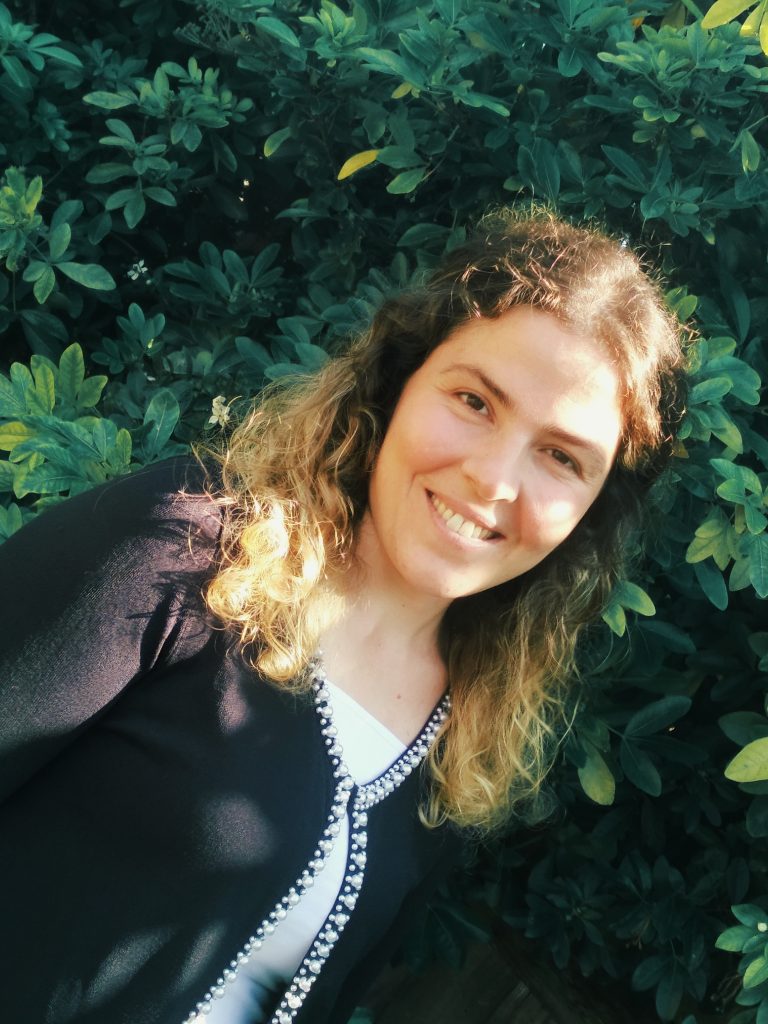
14. Uzbekistan

An Overview:
The Uzbek government continue to detain activists and journalists on charges of defamation and insult (HRW, 2020). In 2019, The UN Committee Against Torture found torture to be widespread in Uzbekistan, with confessions extracted by torture routinely used as evidence in court (OCHCR, 2020).
Uzbek authorities restrict political gatherings in practice, despite provisions for freedom of assembly and association, dispersing unsanctioned demonstrations and detaining participants.
Thousands of peaceful religious believers remain in prison on false chargers, held on indictments of religious ‘extremism’ (HRW, 2020). Religious freedom is harshly limited in Uzbekistan. Freedom House estimates that there are between 1,500 to 5,000 religious prisoners (Freedom House, 2020).
Same-sex relations between men are criminalised in Uzbekistan, carrying a sentence of one to three years.
15. Zimbabwe

An Overview:
Unknown assailants, likely to be state agents, kidnapped and tortured over 70 government critics in 2020 while state authorities continue to detain opposition politicians, journalists and activists. Political prisoners in Zimbabwe are frequently held and interrogated for hours without access to a lawyer or an explanation for their arrest (Freedom House 2020).
There are extreme restrictions on peaceful protests. For example, an anti-government protest in July 2020 was violently dispersed when authorities attacked and arrested protestors (Freedom House, 2020). Journalists and media workers in Zimbabwe are extremely vulnerable to arbitrary arrest, violence, and harassment.
Sexual relations between men and criminalised and punishable with a fine and up to one year in prison.
Meet Elizabeth*
Elizabeth was a high school teacher and an activist for one of the opposition parties in Zimbabwe. She decided to organise meetings with the UK leadership of the party, with the aim of creating more consciousness about the dire social and political situation in Zimbabwe at the time. When news about the meetings reached Zimbabwe, the government retaliated by harassing her family and subjecting them to unending questioning. She was forced to stay in the UK and seek asylum after being advised to do so for her own safety.
Her family later joined her in the UK. As her teaching qualifications were not recognised, Elizabeth got a job as a domiciliary care worker on a zero-hour contract where no qualifications were required. With the help of PoC in 2015 and 2016,
she went on to pursue a Master’s in Public Health, and subsequently started working as a staff nurse in a surgical ward at a university hospital.
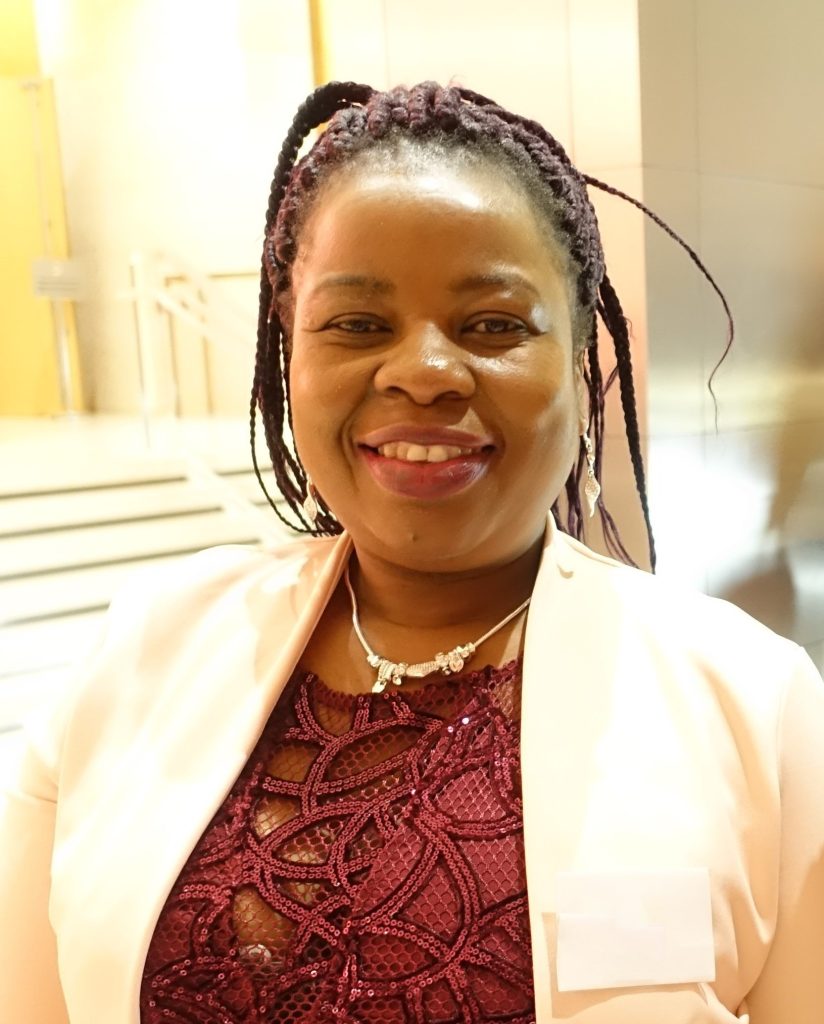
“If it were not for your organisation, I would not be who I am today because I was able to undertake studies without worrying about fees. Prisoners of Conscience gave me a new life and I will forever be grateful.”